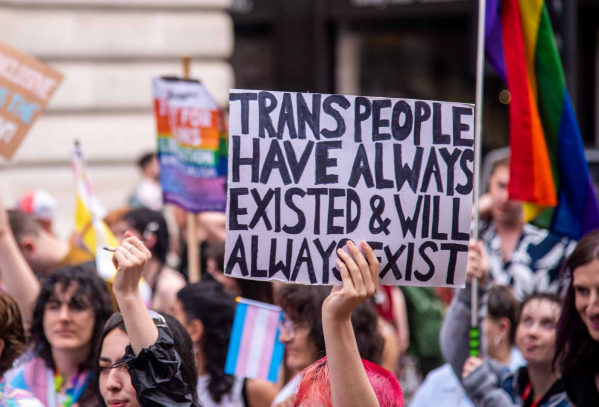Council of Europe Commissioner for Human Rights: new report on “Human rights and gender identity and expression”

The Council of Europe Commissioner for Human Rights, Dunja Mijatović, released the report entitled “Human rights and gender identity and expression” where she explores the status of transgender people’s human rights and the challenges they face daily.
The Commissioner reiterates that human rights are universal and they shall be applied equally to everyone and she emphasises that “there is no such thing as granting ‘special’ rights, and realising the human rights of trans people does not undermine the rights of others.”
Since the last Issue Paper was published in 2009, an enormous progress has been made in terms of awareness at all levels of society and on the legal protection and recognition of trans people. However, the Commissioner underlines that greater visibility and legal recognition does not necessarily mean lower rates of discrimination and violence faced by trans people.
In a time of human rights regression, anti-rights and anti-gender movements are undermining the rights of everyone and specifically their ideologies threaten the fundamental rights of trans people, particularly related to the right of non-discrimination, healthcare, family, legal gender and employment and asylum.
In the report, the Commissioner advances 15 recommendations to Council of Europe member states to uphold the human rights of transgender and non-binary individuals.
These measures include: collecting detailed data to provide policymakers with valuable information to protect their human rights; explicitly prohibiting discrimination based on gender identity and expression; repealing laws that discriminate against transgender individuals and banning conversion practices; ensuring access to quick and transparent legal gender recognition procedures; providing stigma-free access to transgender-specific healthcare services; recognizing the identity of transgender school-age children in educational settings; prohibiting discrimination in family-related decisions and sports participation; ensuring dignified and safe access to gender-segregated facilities.
Moreover, states shall recognise gender identity as grounds for refugee status and ensure safety in detention; promote understanding and respect through awareness campaigns and comprehensive education; directly involve transgender communities in policy development and protect human rights defenders.
These recommendations emphasise inclusivity, access to healthcare, education, and protection from discrimination and violence for transgender and non-binary individuals.
To know more, you can access the report here.

